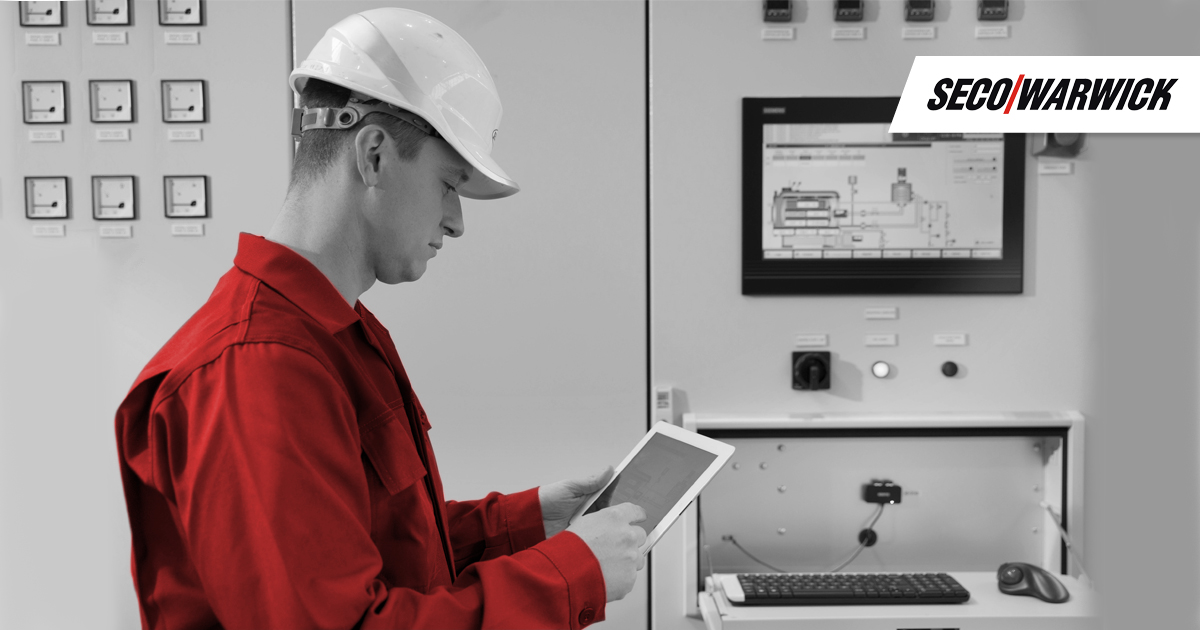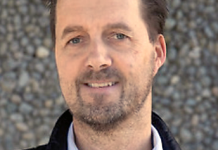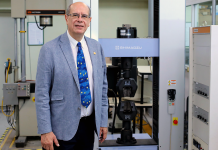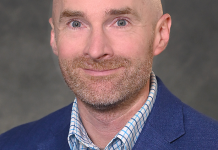
Development of automation continues on a strong pace, as manufacturers shift requirements toward logical, well-thought-out systems in conjunction with smart, autonomous solutions.
Control cabinets are the ‘brain and nervous system’ of an industrial furnace. An industrial computer installed in the control cabinet, comprised of an array of PLCs, acts as a process manager and an intuitive communication interface between the operator and the manufacturing process as well as with other control components and instrumentation to ensure safe and continuous operation of the equipment.
In order to ensure production continuity as well as process performance and repeatability, Seco/Warwick is pushing the control system past its previous limitations. NordGlass (an AGC brand), one of the world’s leading auto glass manufacturers, and a long-term furnace customer of Seco/Warwick, has followed this path by adopting a self-learning temperature control system that, thanks to the use of Fuzzy Logic combined with more than 2000 control elements, adapts the glass bending temperature to the glass model. This technique ensures optimum production with maximum performance, and eliminates waste while preserving the company’s strict optical specifications.
“We have been looking for a solution that would recognize the glass type, its shape, properties, and texture, and would be able to independently adjust the correct temperature required for glass bending. The system was also supposed to work in non-linear product recognition mode, as one production line can be used for various glass from various manufacturers and belonging to different production models. Therefore, individual recognition, smart and adaptive learning were our requirements for the development of the furnace control system. Seco/Warwick delivered such a solution for us,” said a NordGlass representative.
According to Sławomir Wachowski, Seco/Warwick automation director, the system proposed to NordGlass is more than just logic coded into the PLC. It is a system for processing large amounts of data that is the basis for executing control over thousands of precise heating elements. Process stages include recognition, interpretation, data use, adaptation, and action. When executing the process, the system continuously learns, draws conclusions, interprets data, and takes action. In other words, it autonomously selects and changes the glass bending temperature in order to give it the required features.
Experience and long-term relationships have proven to be a key to success, as the companies have been working together since 2009. With these two factors in hand, NordGlass and Seco/Warwick were able to cooperate on a tailor-made solution to achieve the strict industrial requirements of the partner.
MORE INFO www.secowarwick.com
























